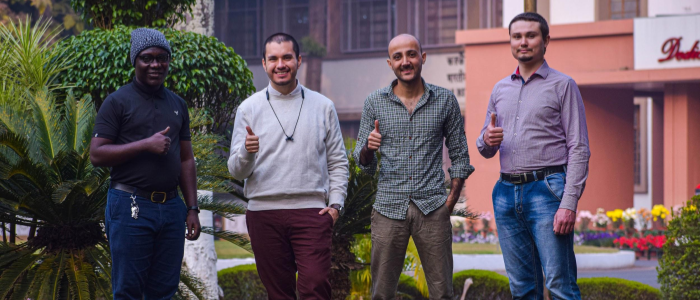
Enhancing Global Imprint of IIT Kharagpur through Strategic Partnerships
Exploring scaling-up of international outreach initiatives through dynamic and personalized approach as well as unique offerings at the institutional level. IIT Kharagpur has been scaling up its international relations activities since 2015. From setting up an International Relations Office to the hiring of staff, setting processes and systems and entering new collaborations. The Institute has also been engaging in various strategic partnerships in harmony with India’s global alliances and outreach goals. Recently the Director Prof. V K Tewari along with Associate Dean International Relations Dr. Anandaroop Bhattacharya and executives from the Office of International Relations, participated in three strategic events…
